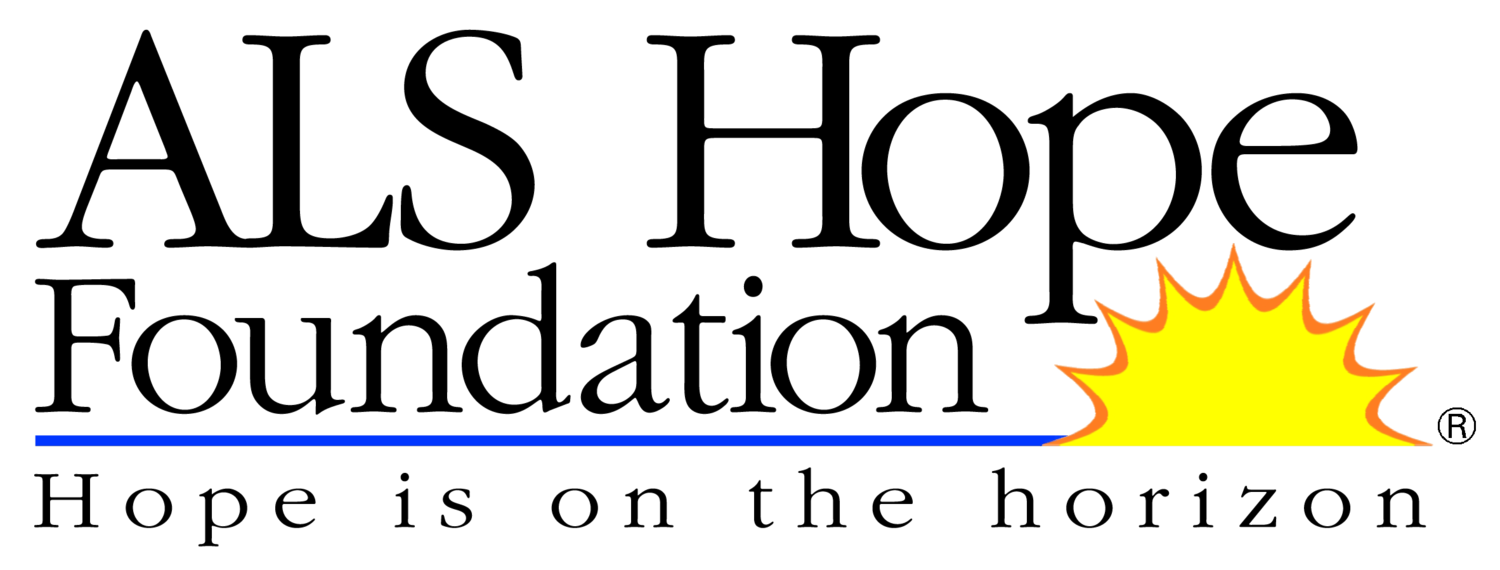CRLI: One PALS Perspective
/Written by Educator, CRLI Attendee, and PALS Todd Kelly
At the conclusion of the ALS Hope Foundation’s 2019 Clinical Research Learning Institute, the participants (patients, caregivers, and specialists) earned their certificates and bright pink lanyards as ALS Research Ambassadors. More importantly, we left the 2-day conference with new friendships, a deeper understanding of the disease and its particular complexities for research, and a renewed commitment to advocate for multiple issues that the ALS community faces.
The conference on August 23-24 was free to participants at the Inn at Villanova, including the three meals as well as overnight accommodations if requested. The seminar’s goal was to educate the participants and arm them with the tools to share this knowledge about clinical trials, current treatments, therapies, and drugs in the FDA “pipeline,” and methods for advocacy. We learned that one factor limiting research is low participation from PALS themselves (with an average of only 2 PALS per center per month). Another obstacle is that ALS, unlike most diseases, lacks clear biomarkers, necessary to prove/test a treatment’s success and efficacy. While the FDA does an excellent job in protecting the lives of patients, this means that the drug discovery process is incredibly expensive and often lasts 12 or more years.
When some of the topics were scientifically complex and riddled with unfamiliar acronyms, the presenters did their utmost to use effective analogies, answer our questions and supported each other’s presentations with elaboration. The group carefully and critically read a published research paper and together uncovered serious flaws in its methodology and conclusions. We learned to distinguish between false hype and authentic hope. In the end, we shared ways in which we could individually and collectively pursue advocacy goals. And, of course, the opportunity to meet with other ALS patients and their caregivers was extremely valuable as we shared stories, frustrations, strategies, advice, and empathy.
Each presenter covered different topics reflecting their overlapping areas of expertise as practitioners, clinicians, researchers, biopharma representatives, organization advisors and directors, and advocates. All were highly knowledgeable, allowing them to respond to our questions as well as those of their peers. However, what fully united them was their compassion for the families of ALS patients and their passion for fighting this disease. The conference was inspiring, and I would encourage anyone impacted by this pernicious disease to participate in future offerings.









